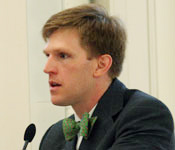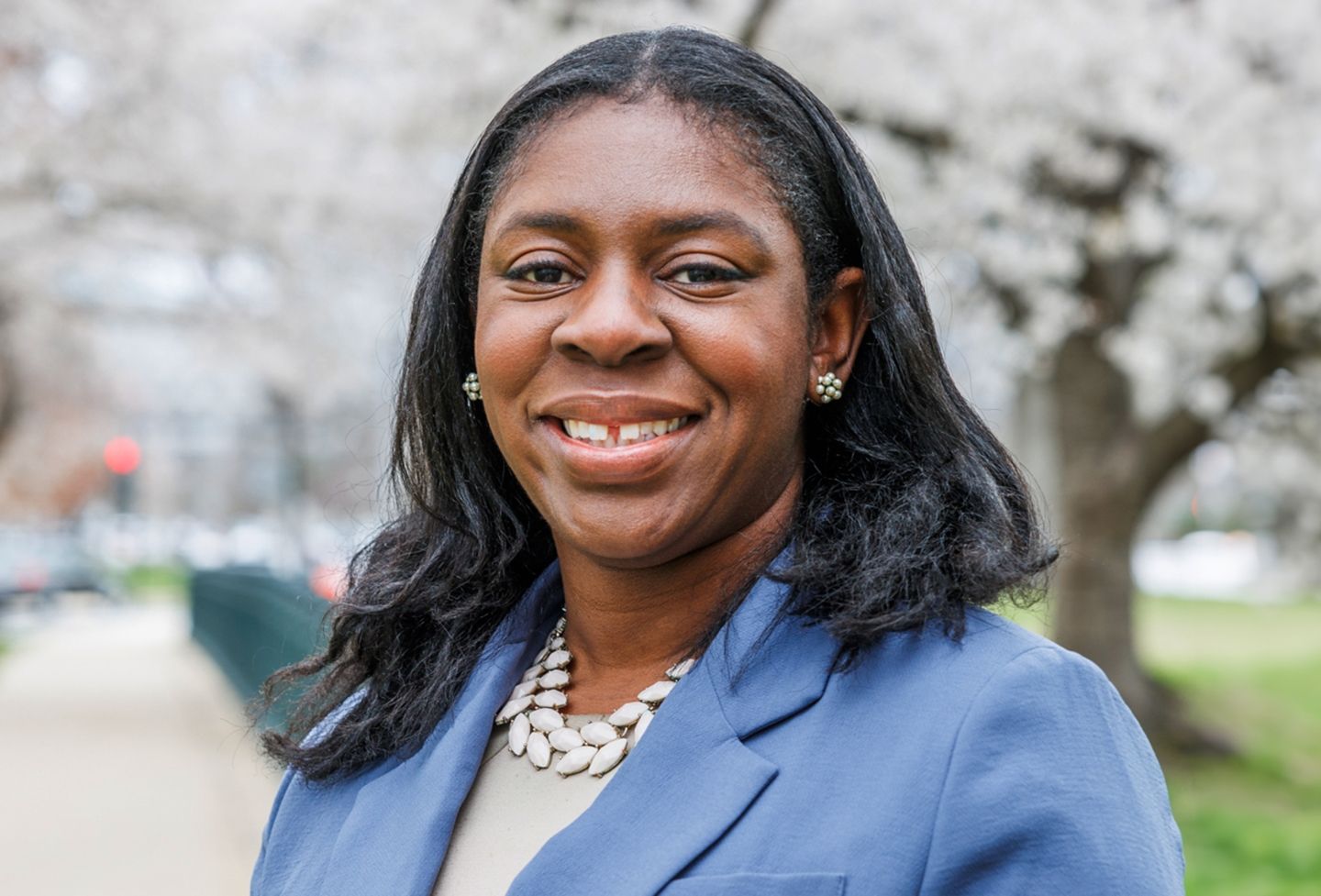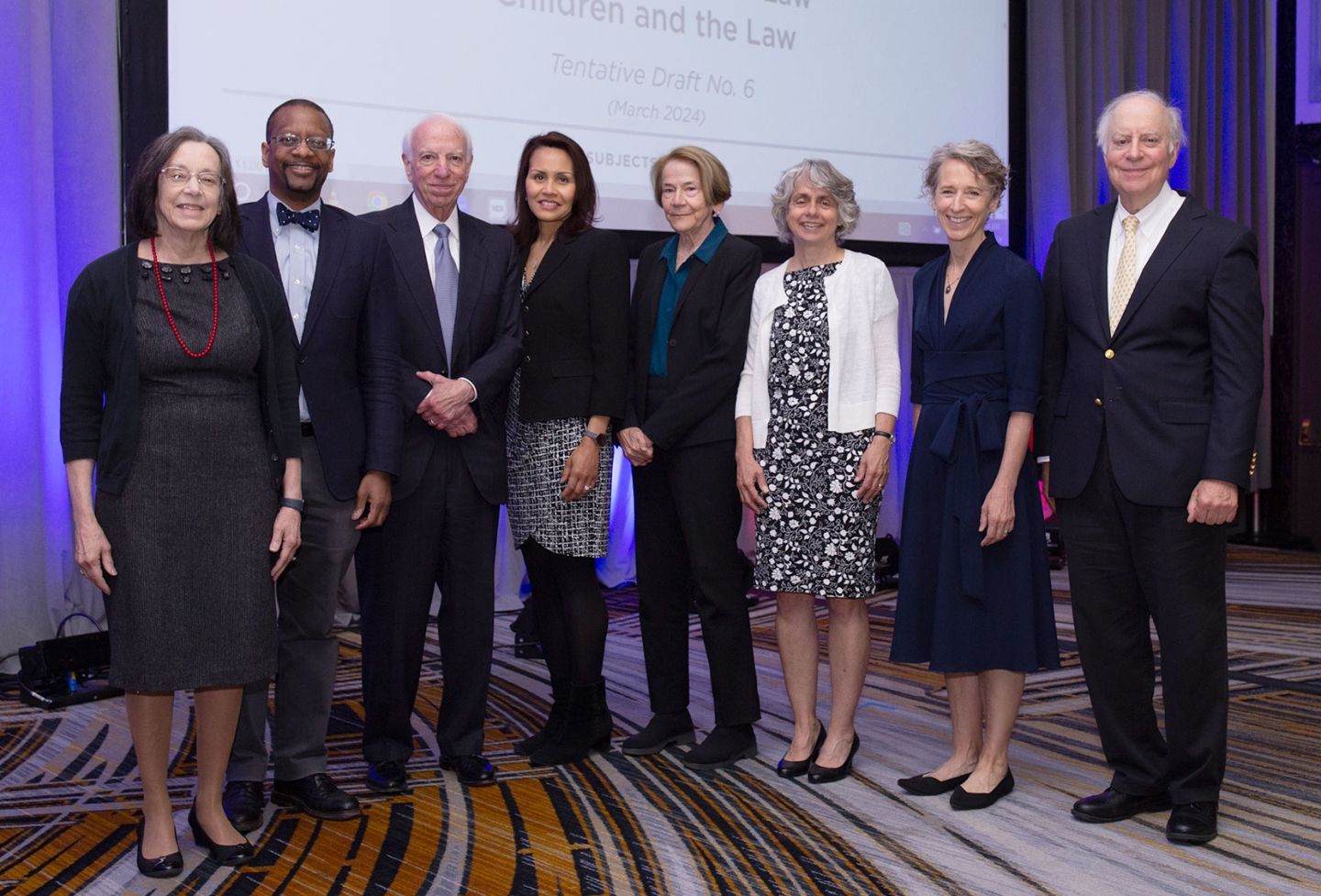Changes to Virginia Law Empower Patients to Make Health Decisions
Recent changes to Virginia's Health Care Decisions Act are helping to mainstream issues faced by mental health patients, Professor Richard Bonnie said at a conference Thursday.

The idea of including provisions on a patient's mental health care instructions in a law designed to help with other kinds of medical decision-making is generating a lot of discussion, he said.
"It's one thing, from a national standpoint, getting a lot of attention, " Bonnie said.
Bonnie explained the legal history of health care decision-making in Virginia and its latest evolution during his introduction to the conference, "Understanding and Implementing Virginia's Revised Health Care Decisions Act, " sponsored by the UVA Institute on Aging, the Virginia Hospital and Healthcare Association and UVA's Institute of Law, Psychiatry and Public Policy.
The Health Care Decisions Act offers guidance on how patients can provide advance directives, or instructions for their care when they are incapacitated. Such directives might include whether to resuscitate a patient or name a surrogate to act on the patient's behalf if the patient cannot make a decision.
A model where the patient is in charge of how he wants to be treated "has tremendous moral force, " Bonnie said. "I think people recognize that it is a good way to proceed."
Changes to the law allow for patients to authorize in advance their participation in research studies, care in a nursing home or long-term care facility and hospitalization for psychiatric problems.
Bonnie said the focus of advance directives has shifted from end-of-life care to designating an agent. Virginia's Commission on Mental Health Law Reform, which Bonnie chairs, opposed a separate statute dealing with advance directives for the mentally ill.
"It's very important to emphasize the mainstreaming of mental health issues, " he said.
Revisions to the law include a "Ulysses clause" that may apply to some patients with mental health problems. Named for the mythical character who instructed his sailors to restrain him while sailing past a siren, the clause enables patients to be treated over their own protests, such as during a psychotic episode.
For the Ulysses clause to be enacted, two physicians — including one who is unfamiliar with the patient — have to agree that a patient can no longer make decisions for himself. Only one doctor's approval is required to restore the patient's decision-making power.

Nathan Kottkamp, an associate with Richmond law firm McGuireWoods, explained changes to the act after Bonnie's introduction.
"These are documents to be used in the full spectrum of care, " Kottkamp said of advance directives. "Every single one of us is a potential patient at any time."
The documents help patients and family members, and data shows they improve the efficiency of care because doctors know what their patients want. "You've got a game plan" when you have directives or a surrogate named, Kottkamp said.
Only one quarter to one third of Americans have advance directives of some sort, Kottkamp said, and less than 50 percent of severely or terminally ill patients have them, according to a 2000 study. "That ought to be 95 percent, " he said.Â
A legal advance directive in Virginia consists of the patient's wishes in writing, with the signatures of the patient and two witnesses. If the advance directive includes a Ulysses clause, a doctor's signature is required.
"These things only kick in when a patient cannot make decisions for himself or herself, " he said. "If there ever was an age of medical paternalism, it's gone."
The pecking order of who becomes a surrogate if there's no advance directive is court-appointed guardian, spouse, adult children, parents and siblings. There is no allowance for people in long-term relationships.
As a result, Kottkamp said, people in same-sex relationships need advance directives because even if they are married out of state, they are not married under Virginia law.
He also suggested naming one surrogate agent if you have multiple children. "Pick a favorite in this document, " he said. Your children will often tell you who the best person is.
The amendments to the law also resolved a problem for physicians with patients who agreed to durable do-not-resuscitate orders. Before, the health system had no guidance on what to do if a patient flatlined outside of the care of a doctor, such as in an ambulance.
The new law requires that durable do-not-resuscitate orders apply no matter where the patient is, and that patients who do not want to be revived must wear jewelry indicating their status.
Regarding out-of-state reciprocity for advance directives, Kottkamp said, "if it meets our law, it's valid here in Virginia, regardless of where it was executed."
Founded in 1819, the University of Virginia School of Law is the second-oldest continuously operating law school in the nation. Consistently ranked among the top law schools, Virginia is a world-renowned training ground for distinguished lawyers and public servants, instilling in them a commitment to leadership, integrity and community service.


